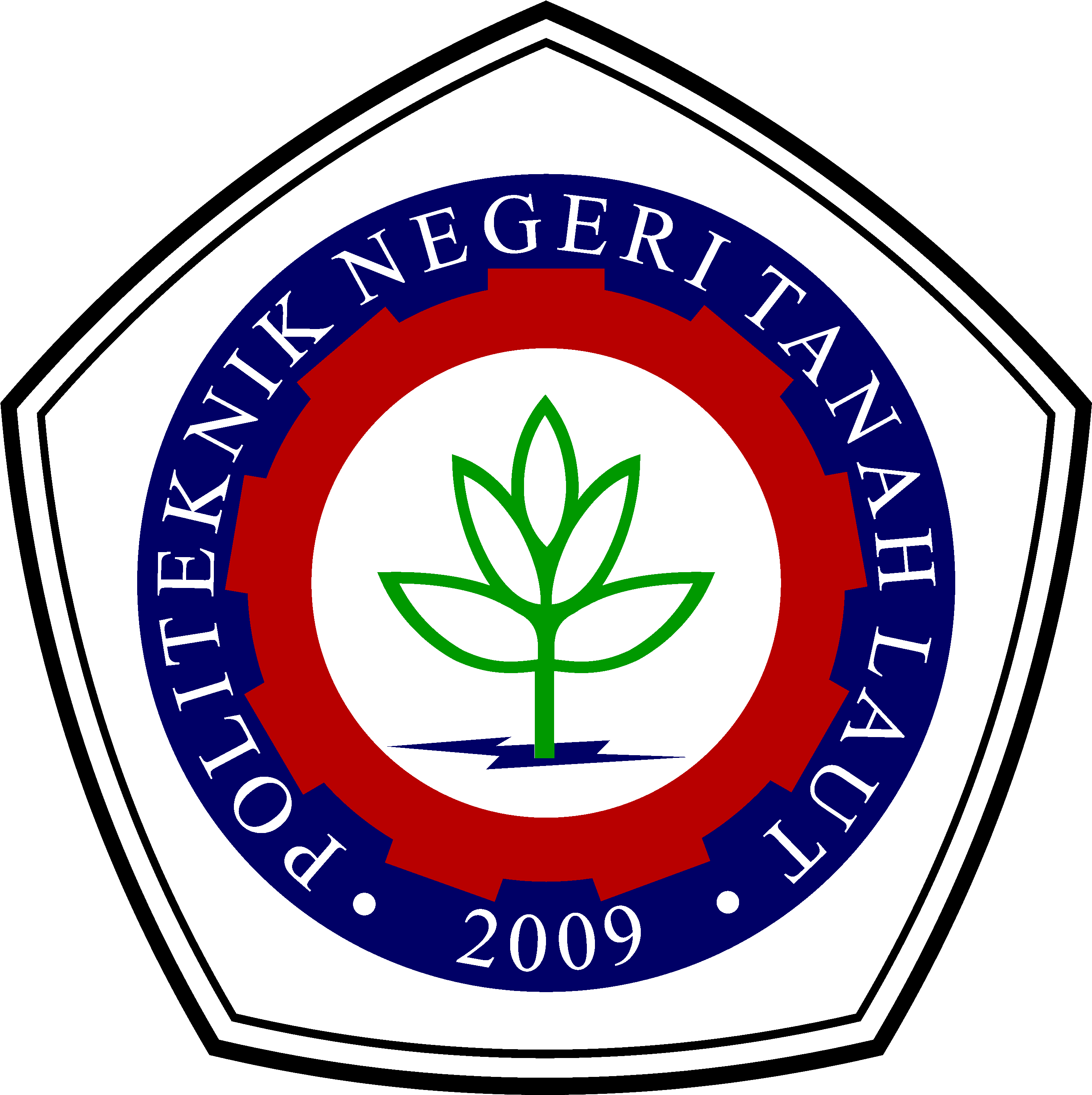KEBERADAAN TOKO TRADISIONAL DAN TOKO MODERN; ASPIRASI PEDAGANG KECIL DAN REGULASI PEMERINTAH KABUPATEN TANAH LAUT
DOI:
https://doi.org/10.34128/jra.v7i1.368Keywords:
Traditional Shops, Modern Shops, Small Traders, RegulationsAbstract
As modern stores dominate and traditional shops cannot compete, various threats emerge, including the loss of traditional shops owing to changing consumer behaviors. The existence of modern shops today creates a dilemma for the government, including in the Tanah Laut Regency area. On the one hand, it creates job opportunities, but on the other, it has the potential to paralyze established traditional shop businesses. It requires the participation of the state, which has the authority to issue regulations. This is a descriptive field research using qualitative methods, with a focus on the sustainability of traditional stores following the existence of modern shops, the aspirations of small traders, and Tanah Laut district government regulations. This research, conducted in 2023, Traditional shop owners experience the influence of modern stores both before and after they open, particularly in terms of income. Because modern stores are more organized and tidier, and rooms are air-conditioned, consumer preferences have shifted. Their aspirations are to progress together, and the site or development zone for modern shops is not close to traditional shops, despite the fact that some are already barely 50 meters away. The sustainability of modern shops today has a significant impact on the sustainability of traditional shops in Tanah Laut Regency. This involves shop development zoning arrangements, collaboration between modern and traditional stores, government assistance in the construction of traditional shops to balance the development of modern shops.
References
Alwiyah, S. (2018). Dampak Sosial Ekonomi Berdirinya Minimarket Terhdap Toko Kelontng Tradisional (Analisis Deskriptif Toko Kelontong Jl. Warkas Raya Jakarta Utara).
Aryani, D. (2011). Efek Pendapatan Pedagang Tradisional Dari Ramainya Kemunculan Minimarket Di Kota Malang. Dalam JDM (Vol. 2, Nomor 2). http://journal.unnes.ac.id/nju/index.php/jdm
Hurlock. (1980). Psikologi Perkembangan. Erlangga.
Joko Utomo, T. (2011). Persaingan Bisnis Ritel: Tradisional VS Modern (The Competition of Retail Business: Traditional vs Modern). Juni, 6(1), 122–133.
Kupita, W., Rahadi, D., & Bintoro, W. (2012). Implementasi Kebijakan Zonasi Pasar Tradisional Dan Pasar Modern (Studi Di Kabupaten Purbalingga) . www.ireyogya.org
Margono, S. (2005). Metodologi Penelitian Pendidikan: Komponen MKDK / S. Margono. Rineka Cipta.
Nasti, N. dkk. (2021). Pengaruh Keberadaan Toko Modern Terhadap Toko Tradisional Di Kecamatan Sangatta Utara Kabupaten Kutai Timur. Journal Febi Unmul, 6(4).
Obsidian, J. (2019). Pengaruh Berkembangnya Minimarket Modern TerhadapKelangsungan Usaha Toko Tradisional.
Permendag Nomor 53 Tahun 2008 Tentang Pedoman Penataan dan Pembinaan Pasar Tradisional, Pusat Perbelanjaan dan Toko Modern (2008).
Syatibi, M. , SE. (2008). Model Strategi Pengembangan Usaha Ritel Tradisional Ditengah Munculnya Usaha Minimarket Modern Di Bandar lampung.
Yuningrum UIN Walisongo Semarang, H. (2016). Usaha Untuk Meningkatkan Loyalitas Toko Kelontong Dalam Menghadapi Usaha Ritel Yang Menjamur Di Masyarakat. Dalam Economica | (Vol. 109).
Downloads
Published
How to Cite
Issue
Section
License
Copyright (c) 2024 Abdul Muta Ali, Muhammad Fahmi Nurani

This work is licensed under a Creative Commons Attribution-NonCommercial-ShareAlike 4.0 International License.













